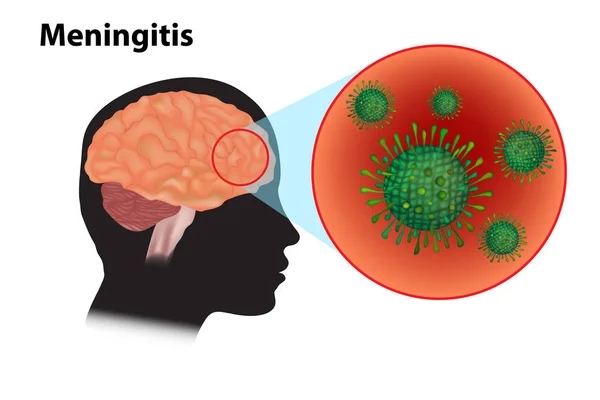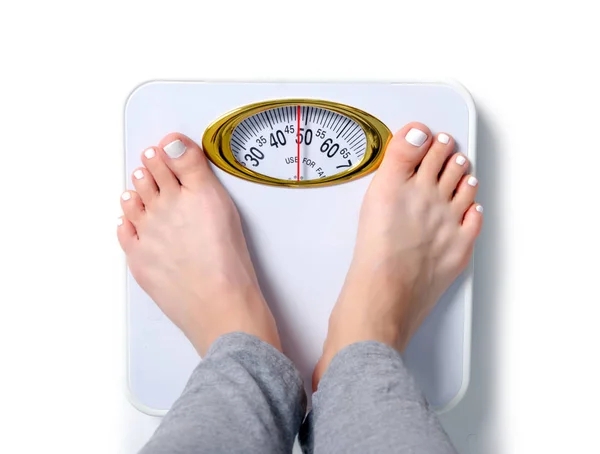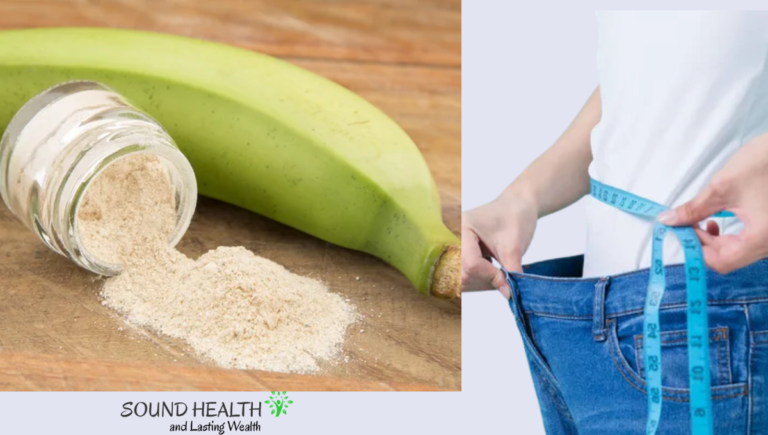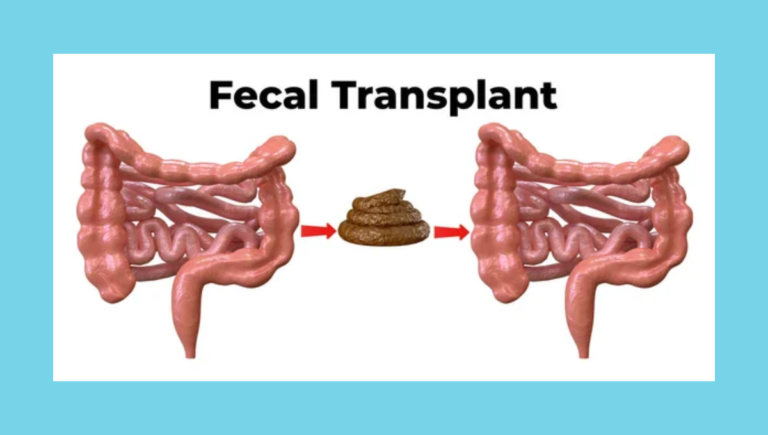Are you looking for ways to age with grace? Start with your joints and bones! These 7 simple habits will help you to improve your flexibility and maintain a healthy bone density.
The bones and joints of our body are the basis for all physical activity. These bones and joints give us structure, support our body weight, allow us to move easily, and provide support for our weight. As we age, the essential components of our body can become weaker, causing pain, stiffness and increased injury risk.
There are many things that we can do in order to maintain healthy bones and joints throughout our lifetime. These simple habits can help us improve our joint flexibility and bone density and reduce the risk of age-related diseases like osteoporosis or arthritis. Here are seven habits that naturally strengthen your bones and joints.
1. Substance abuse is not acceptable
Substance abuse can be harmful to your physical and mental well-being, whether you are abusing illegal drugs, alcohol, nicotine or prescription medications. Substance abuse can cause serious problems, such as an inability to control the substance, interference with school, work or home duties and strained relations. Substance abuse is different from addiction because many people who have substance abuse issues are able quit or change unhealthy behaviors, while addiction can be a disease which makes it hard to stop even when the drug causes harm.
If you or someone close to you is suffering from substance abuse, it’s important that they seek help. The SAMHSA National Helpline provides confidential information and referrals to treatment for those who are struggling with substance abuse. It is available 24/7 and 365 days a year. It is important to seek out support and assistance from healthcare professionals in order to address substance abuse, and the potential impact it can have on your overall health.
2. Vitamin D is a daily requirement for those who are exposed to sunlight.
Vitamin D, also known as the “sunshine Vitamin”, is produced by our bodies when they are exposed to sunlight. Vitamin D is important for bone health, and not just because it helps you get a healthy tan. It also helps our bodies absorb the calcium that gives bones strength and structure.
To naturally boost vitamin D levels, aim for 10-15 minutes unprotected exposure to the sun each day (avoiding midday peak hours).
- Enjoy the sunshine to start your day. Enjoy your coffee or tea in the morning on a sunny patio or balcony.
- Enjoy the sun while you exercise.
- Enjoy the sunshine by gardening or playing outside.
- Relax under the sun while listening to music or reading a book.
- Consider taking vitamin D3 during winter or if you have limited exposure to sunlight. Consult your doctor for more information.
Vitamin D not only helps your bones, but also improves muscle function, immunity, and mood regulation. Let vitamin D do its magic by soaking up the sun responsibly.
3. Rest enough
Rest and recovery are equally important for bone health as exercise. While you sleep, the body goes into a state that is regenerating and repairing tissues, and replenishing its energy stores. It is especially important for bones and joints as they can repair the microdamage caused by activity and build stronger bone matrix.
To promote optimal bone health, aim for 7-8 quality hours of sleep per night. Create a relaxing bedtime ritual, a bedroom conducive to sleep, and limit screen time before going to bed. Prioritizing sleep gives your body time to recharge and heal, resulting in strong bones and joints.
4. Good posture and alignment are important.
It’s not just about how you look; maintaining good posture is also important for your bone and joint health. Proper posture evenly distributes your stress across your muscles and joints, preventing injury and pain.
Be mindful of your posture throughout the day. This applies to sitting, standing or walking. Maintain your spine alignment, with shoulders back, down and engaged. Take regular breaks from sitting to move around. Consider adding posture-improving exercise like yoga or Pilates to your daily routine.
Adopting good alignment and posture habits will not only help you to take care of yourself today, but it will also benefit your future bones and joints. Small changes to your posture daily can have a huge impact in the long term.
5. Weight-bearing exercises
Exercises that simulate the forces of daily life are best for our bones and joints. Exercises like walking, running or dancing, as well as strength training and stair climbing, encourage bone cells to produce stronger, denser tissue. At least 30 minutes of moderate intensity exercise should be performed most days of each week.
Weight-bearing exercises aren’t only about increasing bone density. Weight-bearing exercise also improves flexibility and balance, strengthens connective tissue and muscles, and improves coordination and balance. All of these contribute to healthy joints. Your bones and joints will be grateful if you lace up those sneakers, dance, or lift some weights.
6. Eat a healthy diet
It is important to nourish your body with nutrients that will help you build and maintain strong bones. Include plenty of calcium-rich food in your diet. This includes dairy products (milk and cheese), leafy greens (kale, collards, spinach), tofu, as well as fortified foods.
Bone health is more than just calcium. The minerals magnesium and potassium play a role in the mineralization of bones and the health of joints. Include fruits, vegetables and nuts in your diet.
Don’t forget to avoid processed foods, sugary beverages, and excessive amounts of salt. These can all leach calcium out of your bones, and harm bone health. Make smart food choices to give your bones the nutrients they need.
7. Keep a healthy body weight
It is essential to maintain a healthy weight for your overall health. This can prevent and treat many diseases. Eating a wide variety of food from different food groups, for example, can help you maintain healthy weight. Concentrate on fruits, vegetables and whole grains. Also, choose lean protein, low-fat dairy, and other healthy foods. Consuming too much food can cause weight gain. To control portion sizes, use smaller bowls, plates and cups.
Regular physical activity will also help you to maintain a healthy body weight. At least 150 minutes per week of moderate-intensity exercise or 75 minutes of vigorous activity is recommended.
Stress can cause overeating or weight gain. Exercise, meditation or talking with a friend or counselor are all healthy ways to reduce stress.
Follow these tips to strengthen your bones and joints and reduce your risk of obesity-related illnesses and conditions.









+ There are no comments
Add yours